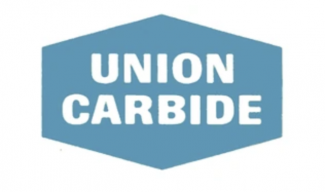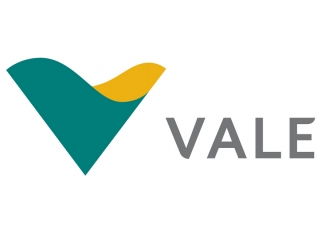Gulliver
Exposing corporate wrongdoing
Type the name of a company in the search box below. To conduct a wider search, please pick from one (or more) of the drop down menus below.
Union Carbide Corporation
Union Carbide, now a wholly owned subsidiary of Dow Chemical, was founded in 1898 in Niagara Falls, New York, to produce ethylene and other chemicals. In 1930, the company began building the Hawks Nest Tunnel in West Virginia where workers, who were mostly African-American, were exposed to silica. Many of the workers were denied the use of respirators and over 700 were estimated to have died from the breathing in silica dust which is akin to breathing in shards of glass. In 1962, the company began mining asbestos in King City, California, which it shipped to factories in New Jersey and New York for use in industrial manufacturing. Many workers exposed to asbestos became ill with asbestosis, lung cancer and mesothelioma. Union Carbide, however, is most famous for one of the world’s biggest industrial disasters in Bhopal, India, in December 1984, in which an accidental leak of methyl isocyanate resulted in the deaths of at least 16,000 people and for over 40,000 to be permanently maimed or disabled. The company paid out compensation of $470 million in 1989, but the families of victims in India have continued to fight for a better deal>
Vale S.A.
Vale
Vale is the largest producer of iron ore and nickel in the world. It also owns a sprawling network of railroads, ships, and ports used to transport this ore as well as a number of major hydro-electric plants. Founded in 1942 as a state-owned enterprise by the Brazilian government, it was originally named Companhia Vale do Rio Doce (CVRD). It was partially privatized in 1997 but the Brazilian government retains control. Some of the biggest environmental disasters associated with Vale include the vast Carajás Iron Mine in the state of Para as well as two major waste dam failures in the state of Minas Gerais. The collapse of the Fundão dam at the Germano iron ore mine in November 2015 killed 19 while the collapse of the Brumadinho dam at the Córrego do Feijão iron ore mine in January 2019 killed 270.
Valero Energy
Valero Energy’s main business is petroleum refineries. It was founded in 1980 in San Antonio, Texas, as a successor to the Coastal States Gas Corporation in Texas after Coastal States went out of business. Most of its refineries are in the U.S. but it also own a refineries in Québec, Canada and in Wales, UK. In 2005, Valero was ordered to pay $5.5 million in fines for air pollution from its refineries across the country and to spend another $700 million in upgrades. In 2007, Valero was ordered to pay another $4.25 million in fines and spend $232 million on controls at refineries in Ohio, Tennessee and Texas. Despite these upgrades, data gathered by the local air quality management district showed that Valero’s refinery in Benicia, California, secretly released pollutants like benzene hundreds of times the legal limit on average between 2003 and 2018 before it was discovered. U.S. Environmental Protection Agency data also shows that the company refinery in St. Charles, Louisiana, had the highest levels of soot release of all the 50 largest refineries in the country, with levels 20 percent over federal limits, a rate that has increased over 46 percent over 2017.


